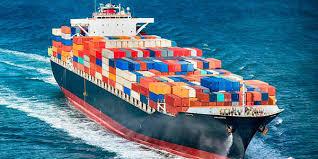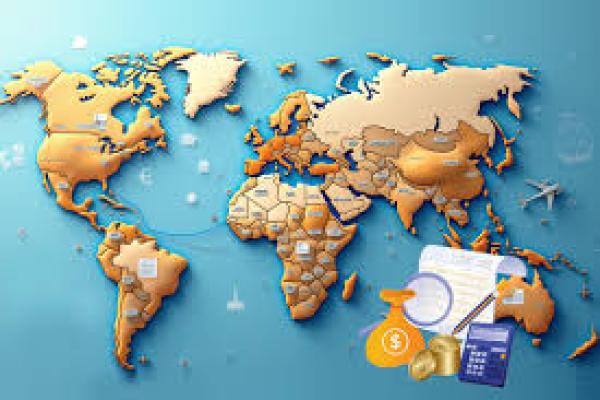
Imports: A Gateway to Global Trade.
**In the world of international trade, imports serve as a key tool for meeting domestic needs, industrial development, expanding product diversity, and fostering constructive engagement with the global economy. No country can produce all the goods and services it needs on its own. Thus, imports play a vital role in completing supply chains, enhancing competition, and improving people's quality of

**Definition of Import**
Import refers to the purchase of goods or services from other countries and their entry into a domestic market. This process is typically carried out through customs and in compliance with international laws and regulations. Imports can include raw materials, machinery, consumer goods, pharmaceuticals, medical equipment, and even technical and specialized services.
---
**Main Reasons for Importing**
- **Shortage of domestic resources or technology:** Some goods or technologies are not available domestically or are not cost-effective to produce locally.
- **Meeting market demand:** Imports create market diversity and better respond to consumer needs.
- **Improving quality and reducing prices:** Competition with imported goods encourages domestic producers to enhance quality and lower prices.
- **Supporting domestic production:** Many industries rely on imported raw materials or machinery for their production processes.
---
**Steps of Importing Goods**
1. **Selecting goods and suppliers:** Assessing quality, price, standards, and finding reliable foreign sellers.
2. **Obtaining a proforma invoice:** For formal order registration in the trade system.
3. **Registering the order in Iran’s Comprehensive Trade System:** Entering details of the goods, supplier, payment, and shipping terms.
4. **Securing necessary permits:** From relevant authorities such as the Ministry of Industry, Health, Agriculture, and the Central Bank.
5. **Completing customs procedures:** Declaration, document review, goods assessment, and payment of customs duties and taxes.
6. **Transportation and customs clearance:** Loading, shipping, customs clearance, and receiving goods at the destination.
---
**Key Documents in Import**
- Proforma Invoice (PI)
- Commercial Invoice
- Bill of Lading / Airway Bill
- Certificate of Origin
- Packing List
- Import permit and commercial card
- Cargo insurance
---
**Advantages of Importing**
✅ Increased product diversity in the market
✅ Reduced production costs for domestic industries
✅ Enhanced competition and improved quality of domestic goods
✅ Transfer of technical knowledge and modern technology
✅ Job creation in transportation, customs, distribution, and services
---
**Challenges and Limitations of Importing**
- Exchange rate fluctuations and high currency costs
- International sanctions and banking restrictions
- Complex and bureaucratic administrative processes
- Need for multiple permits
- Risk of low-quality or non-standard goods entering the market
---
**Government’s Role in Import Management**
Governments use tools such as customs tariffs, import quotas, special permits, order registration, and import taxes to control imports and protect domestic production. Import policies should be designed to meet market needs while safeguarding domestic industries from harm.
---
**Conclusion**
Import is an integral part of the global economy and, alongside exports, forms the backbone of international trade. With smart management, careful oversight, and an understanding of the global market, imports can contribute to economic development, improved public welfare, and enhanced productivity of domestic industries.
Share this post:
Related Posts

**In recent years, the international trade landscape for Iran has become an uneven battlefield. Unju...

**In a situation where banking sanctions have made financial transactions difficult for many Iranian...

در دنیای پیچیده تجارت بینالملل، انتخاب روش حمل کالا یکی از تصمیمات استراتژیک است که تأثیر مستقیم بر...

